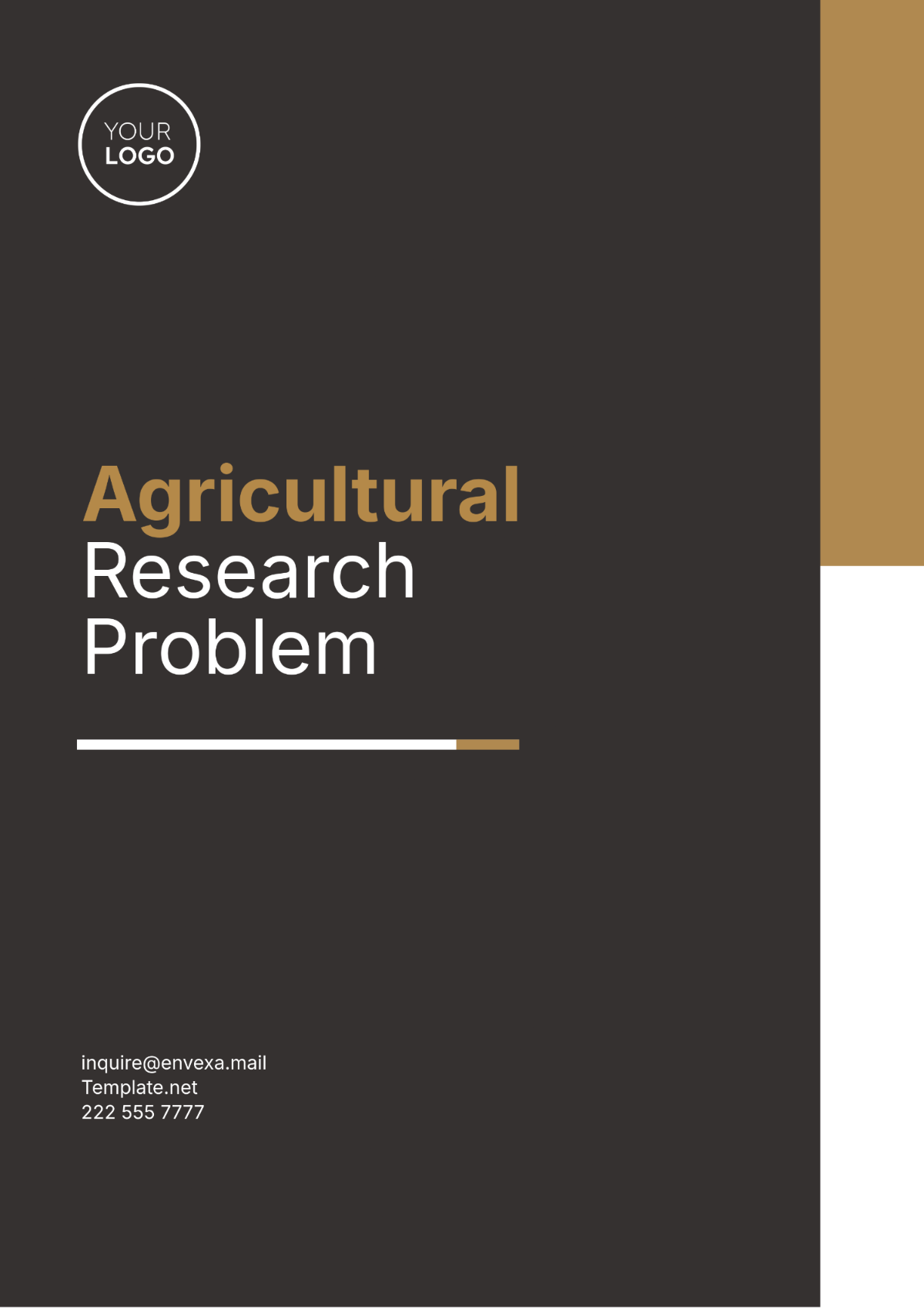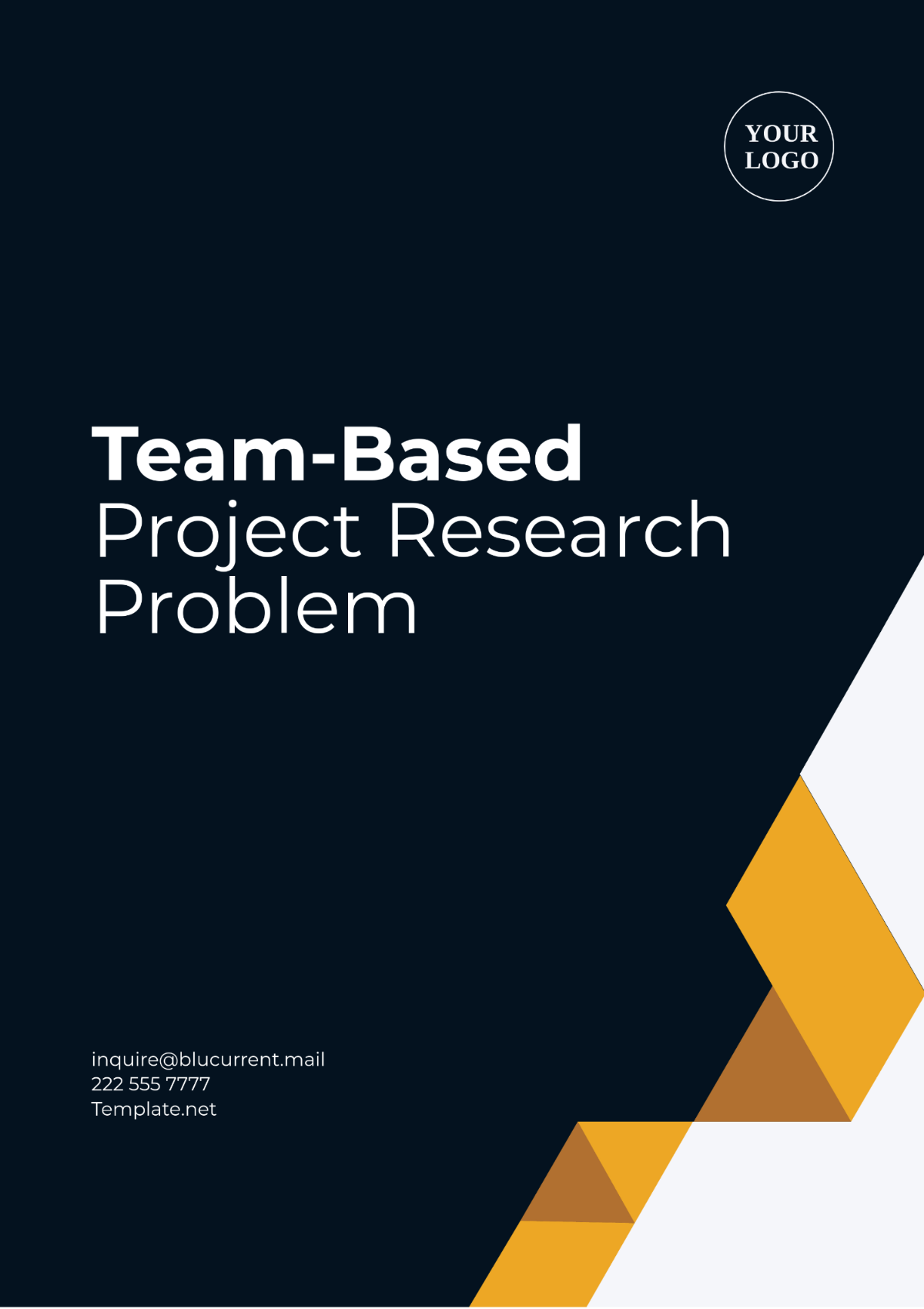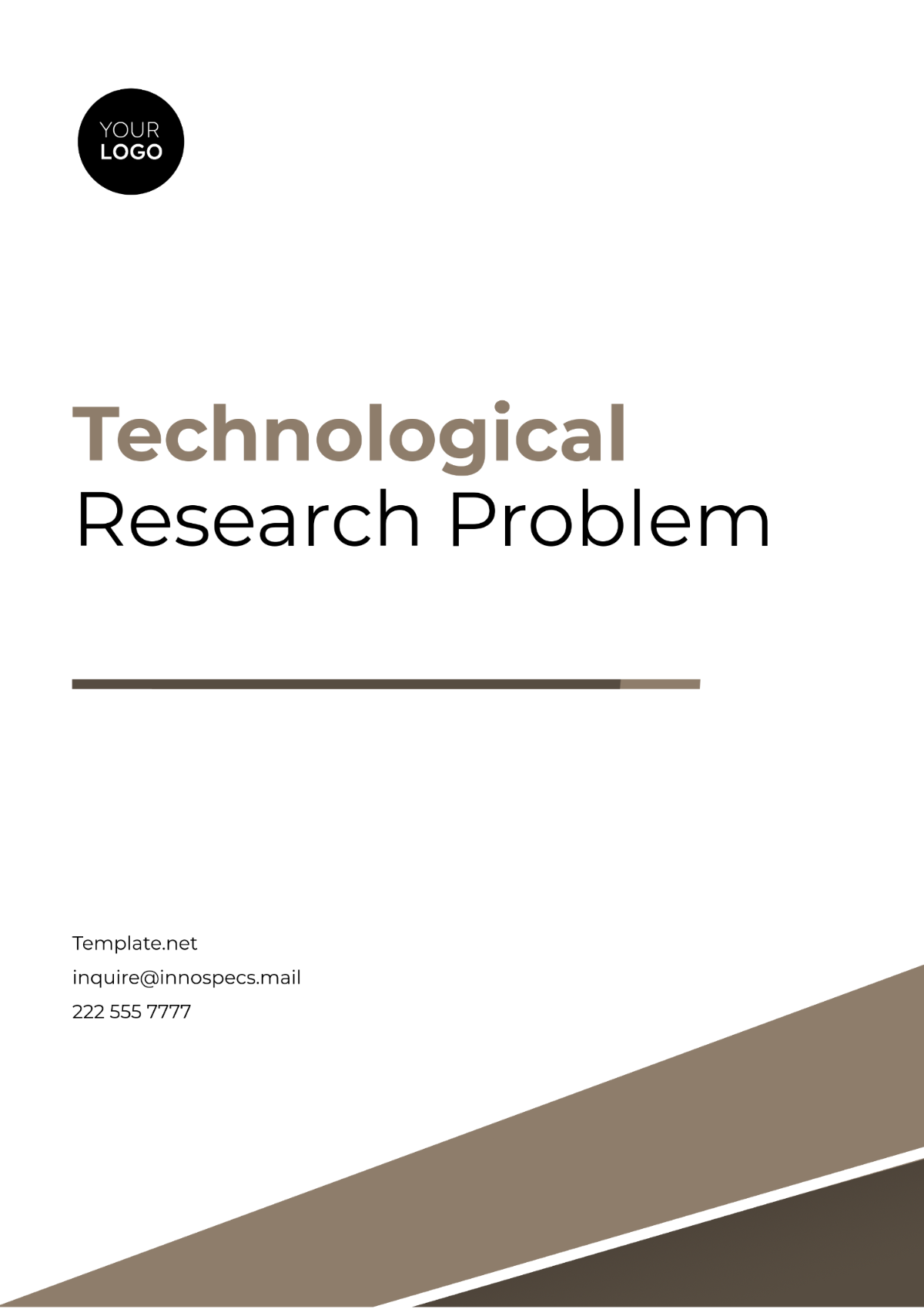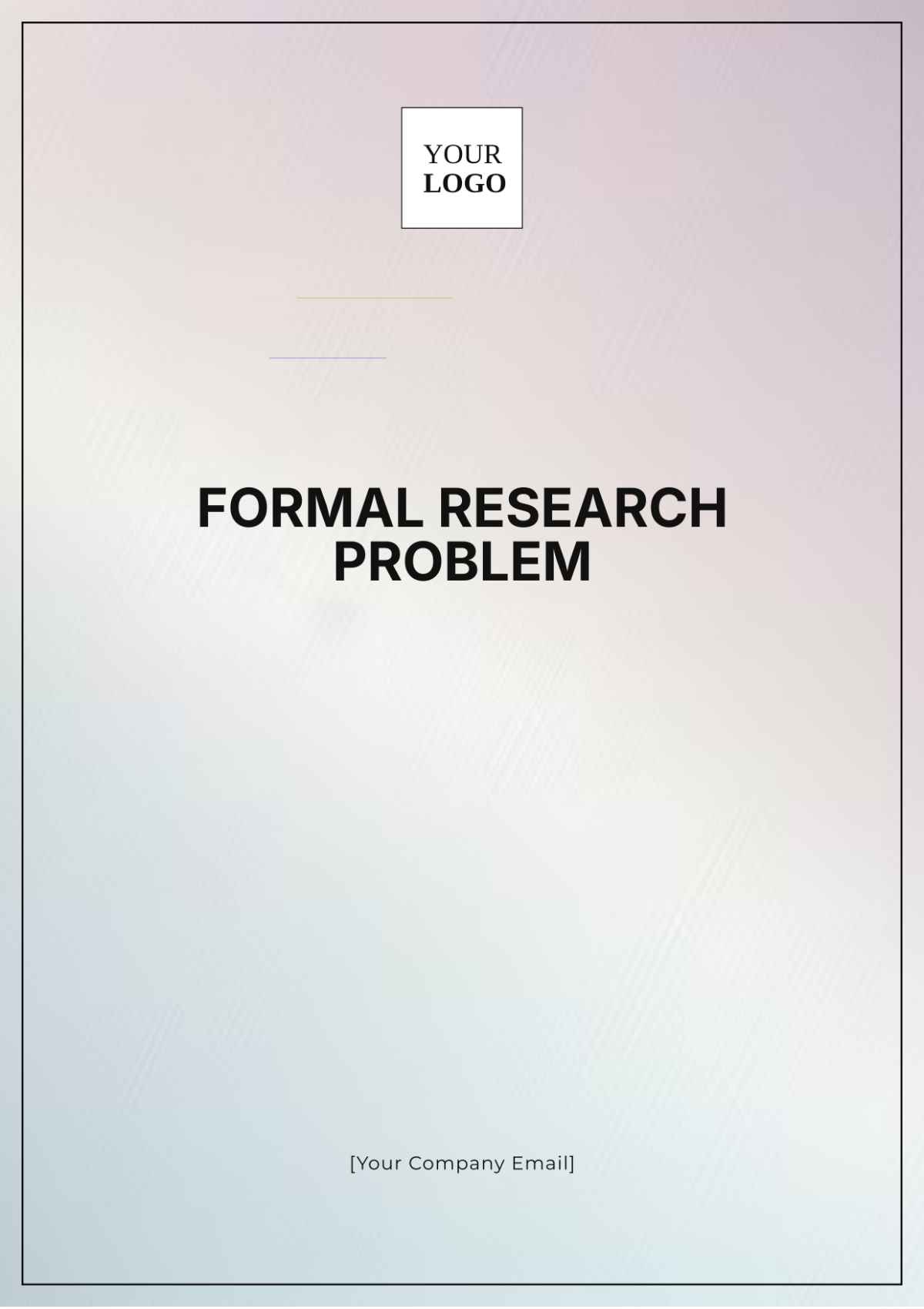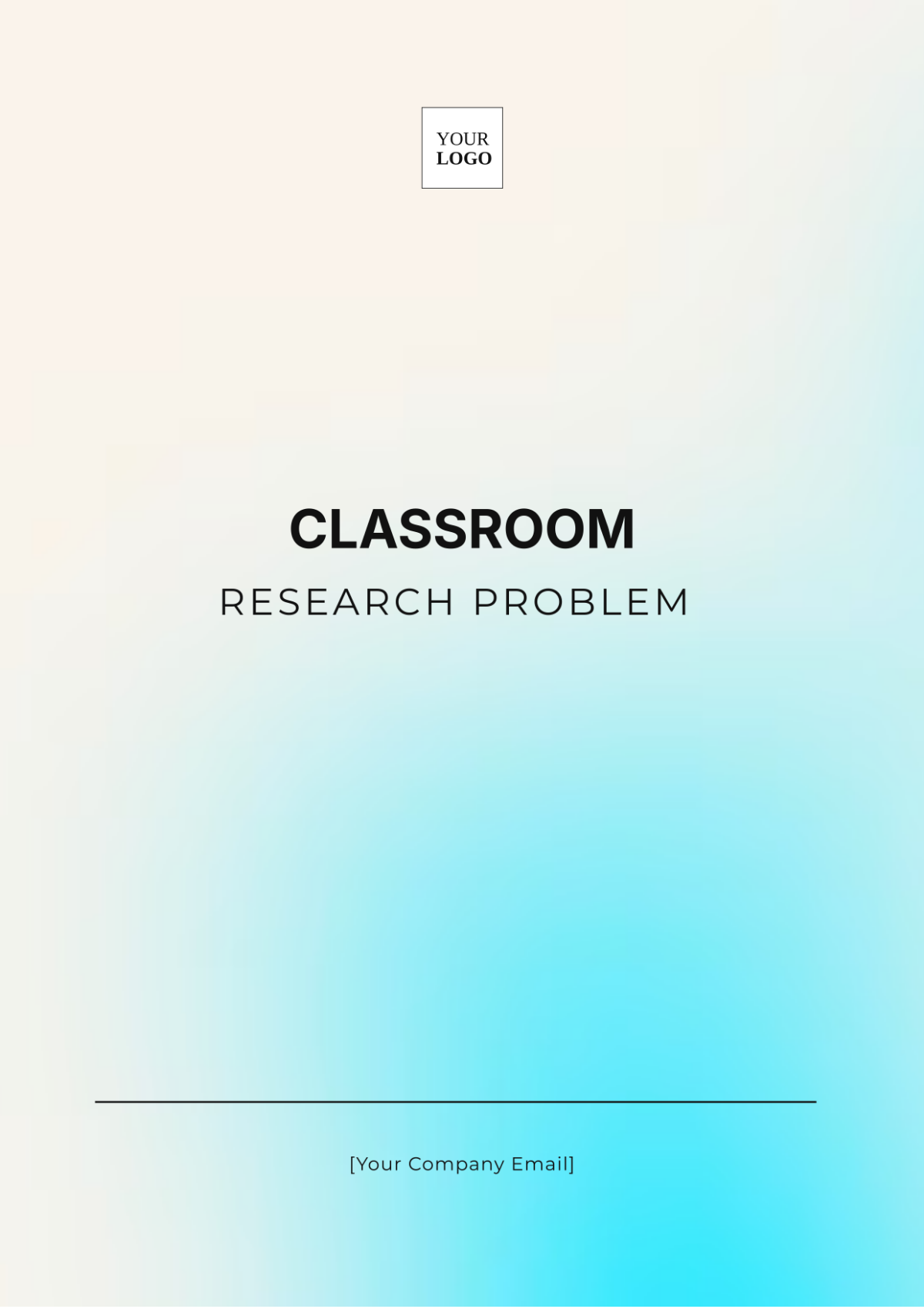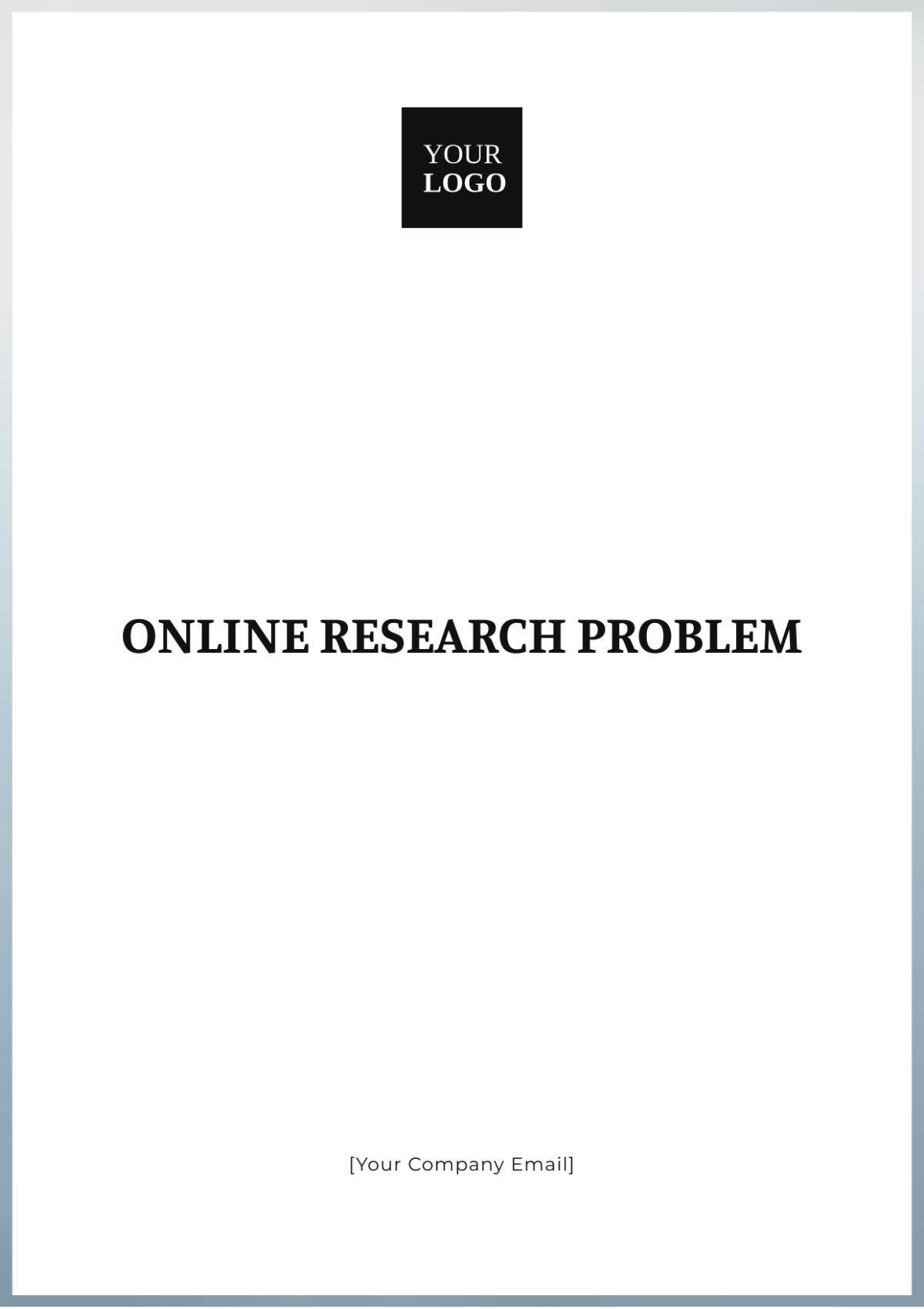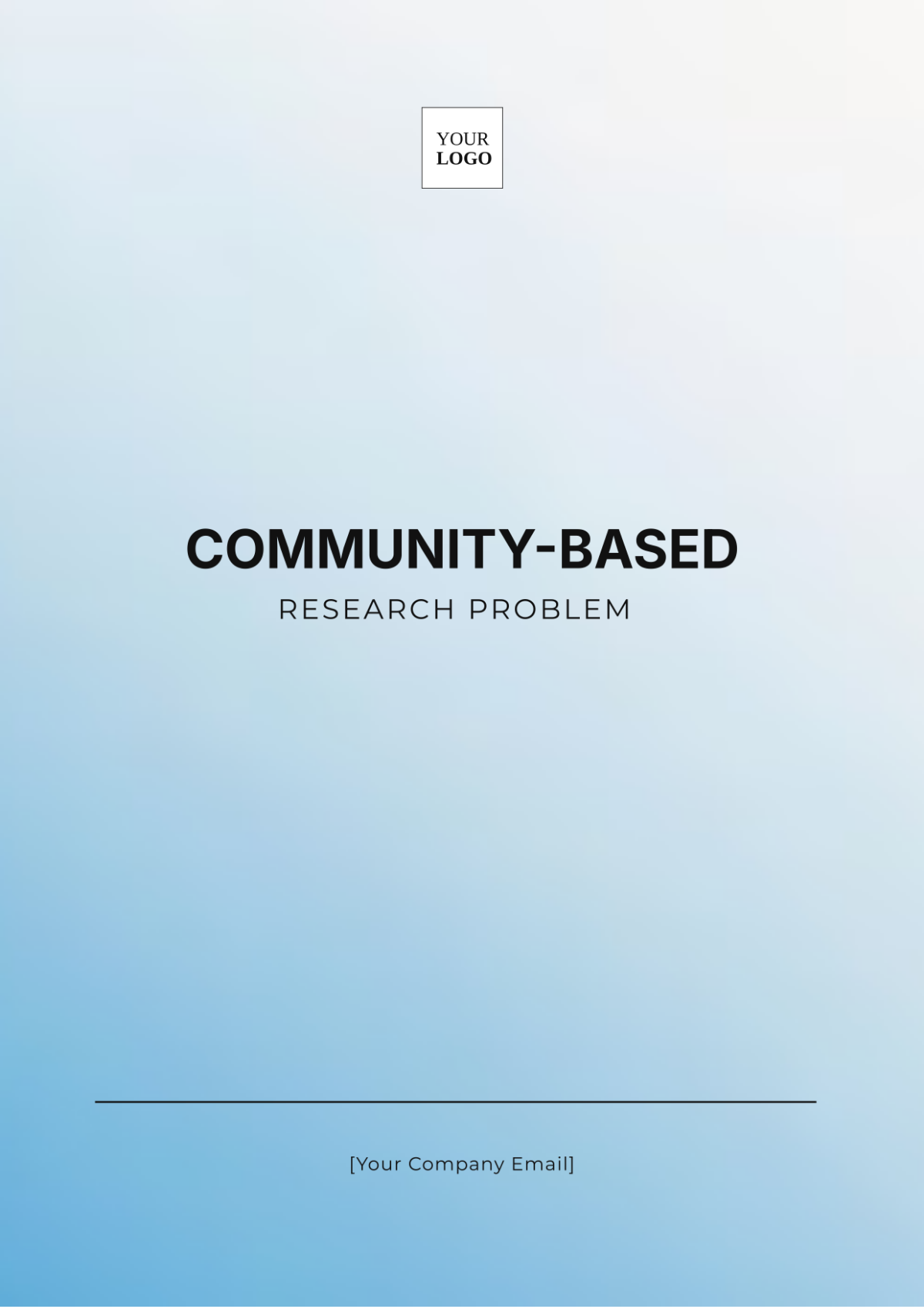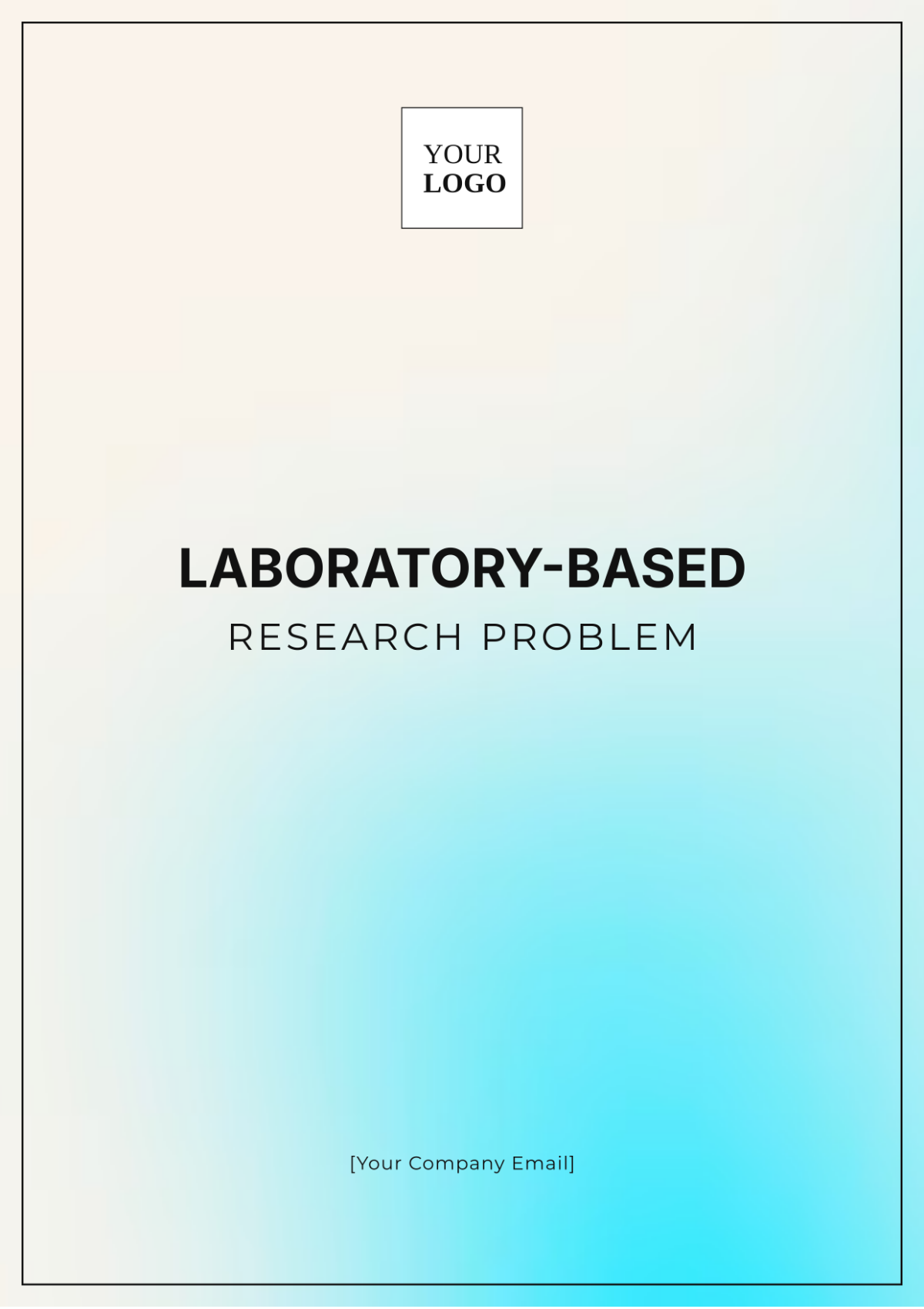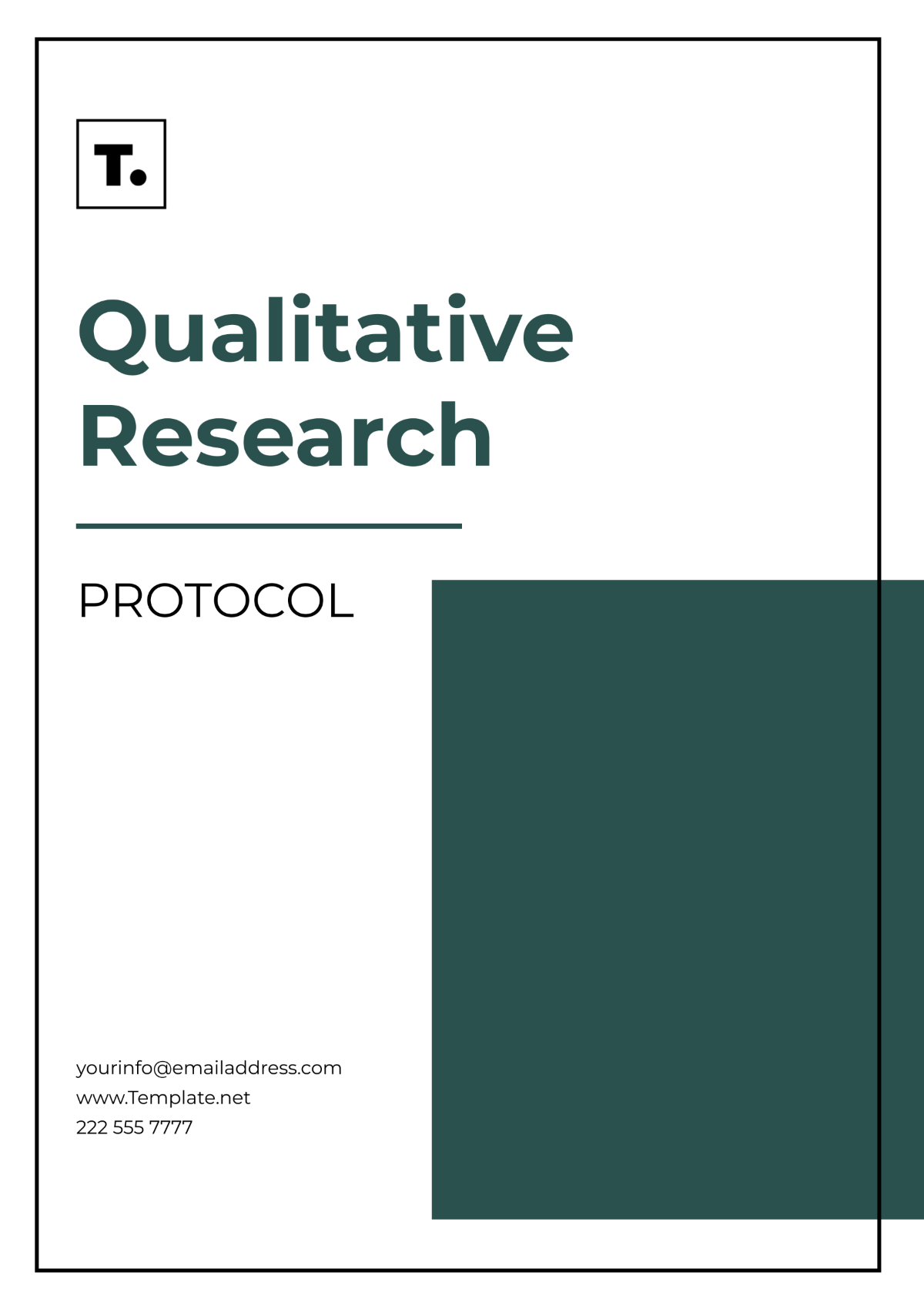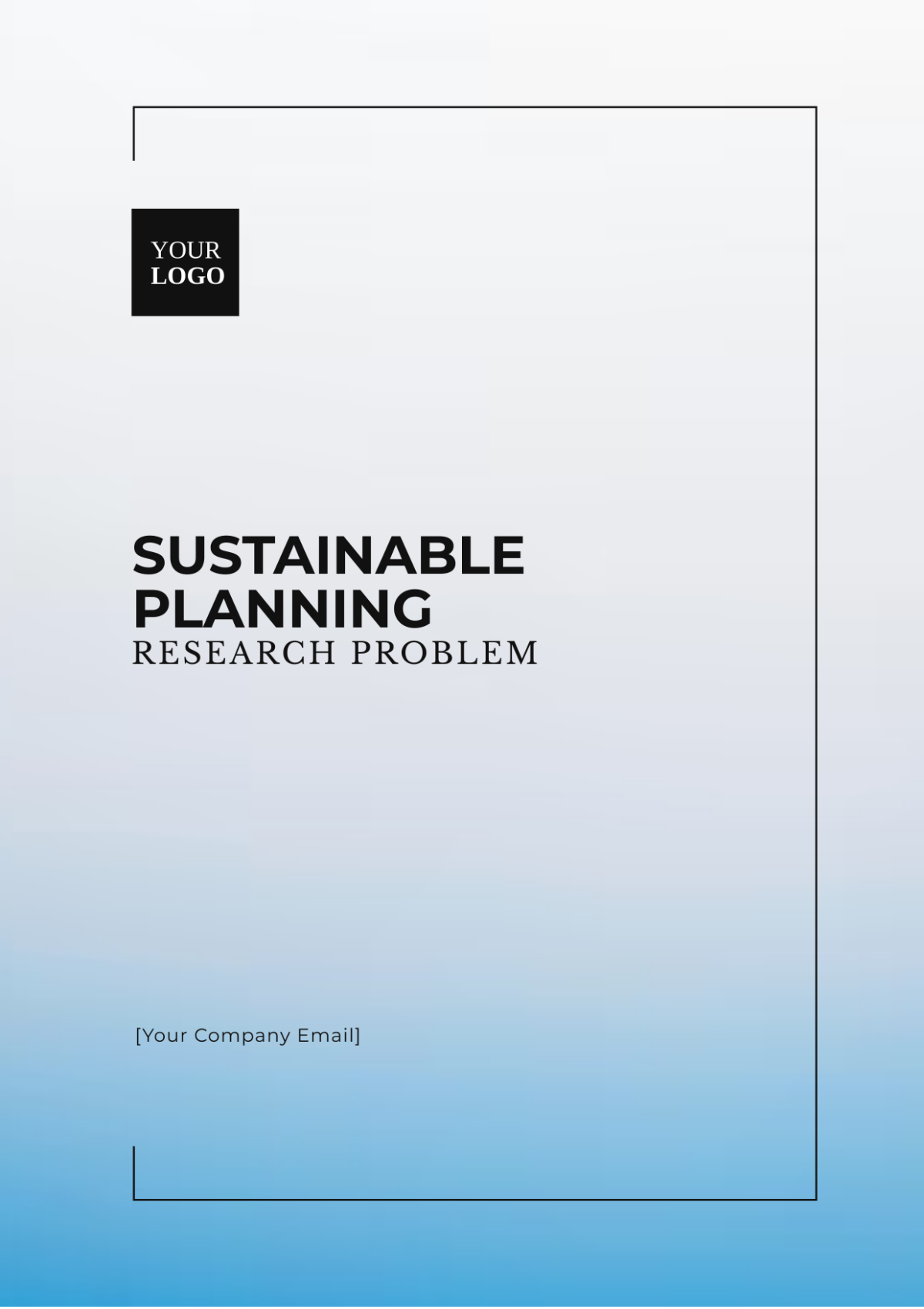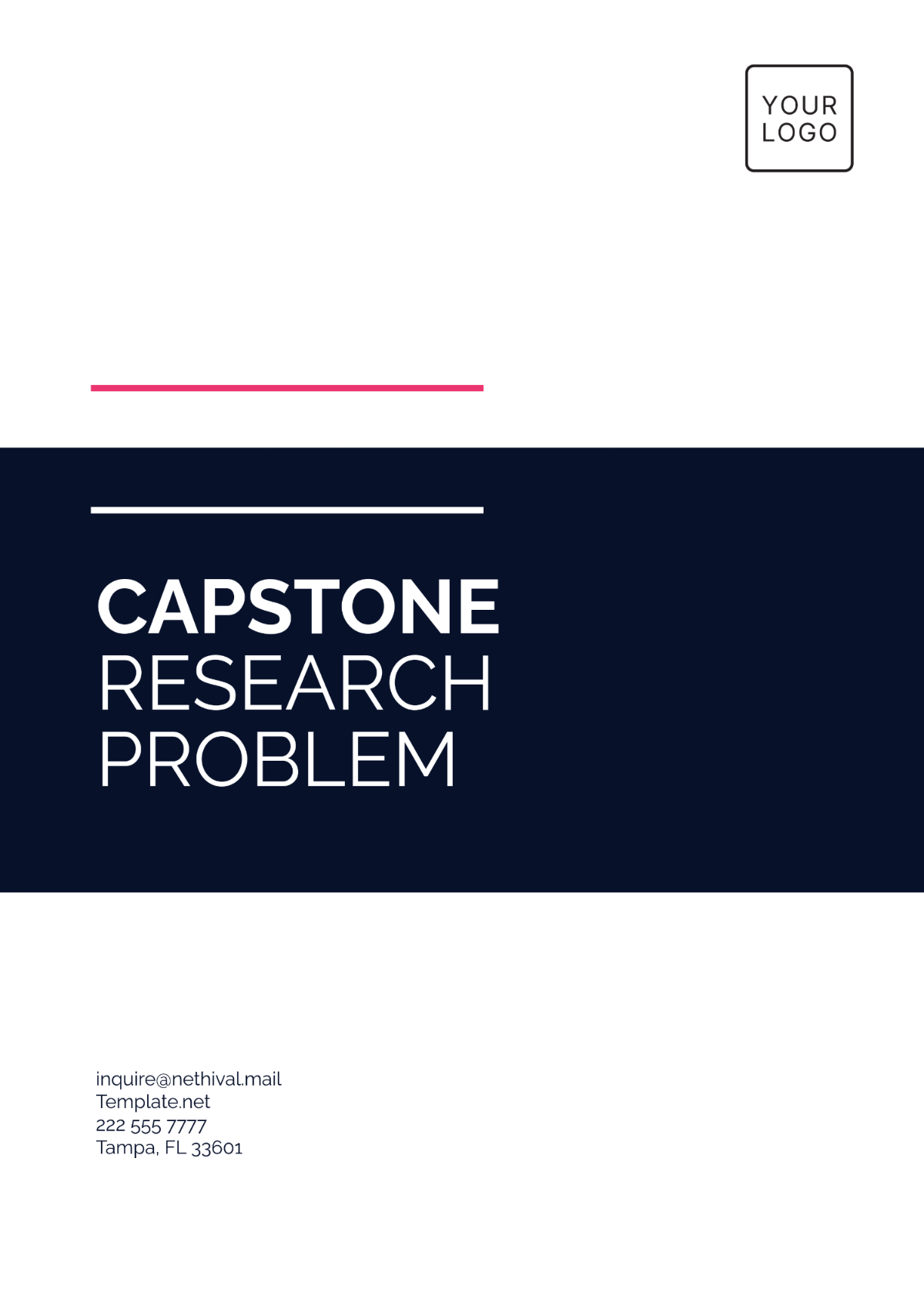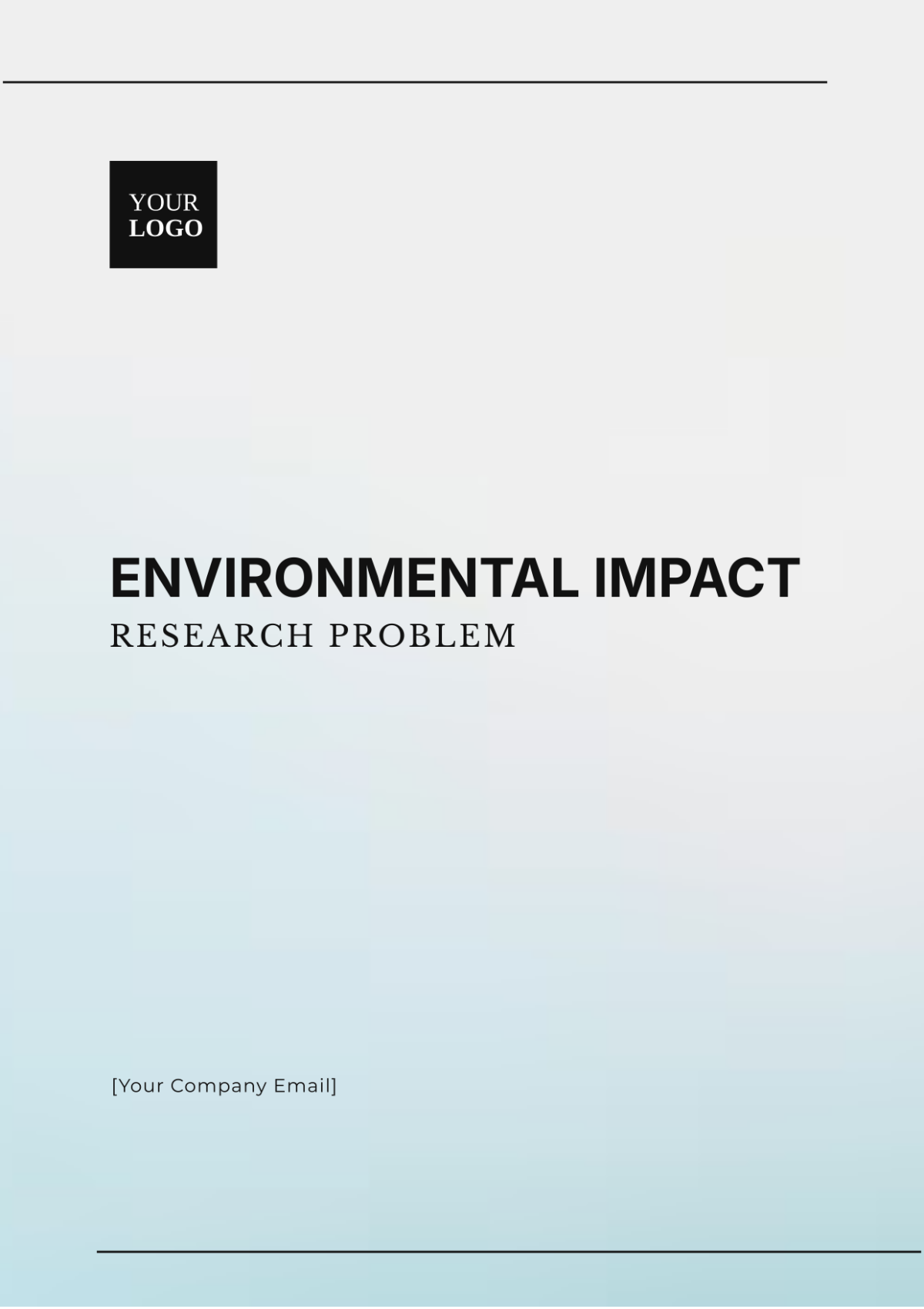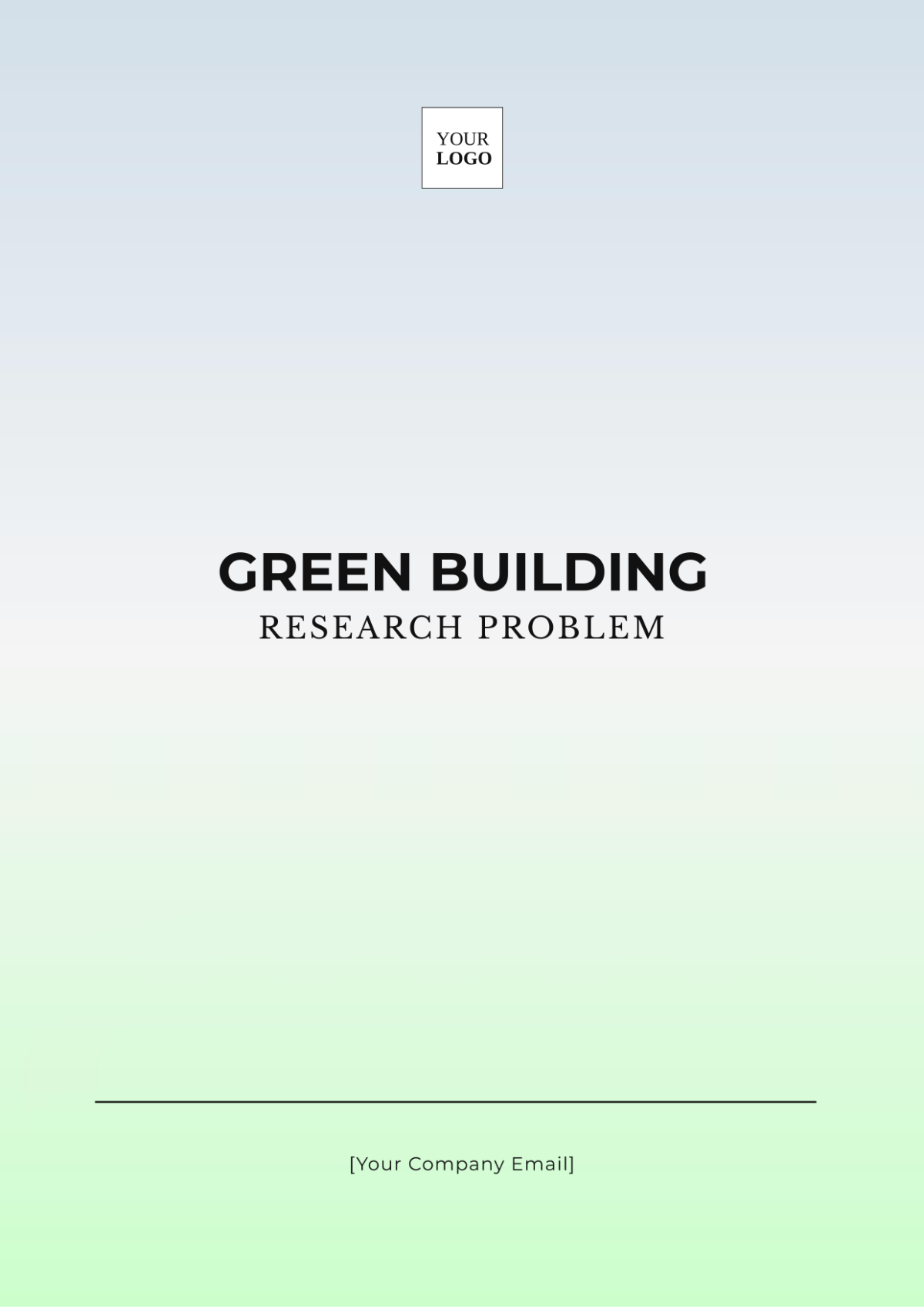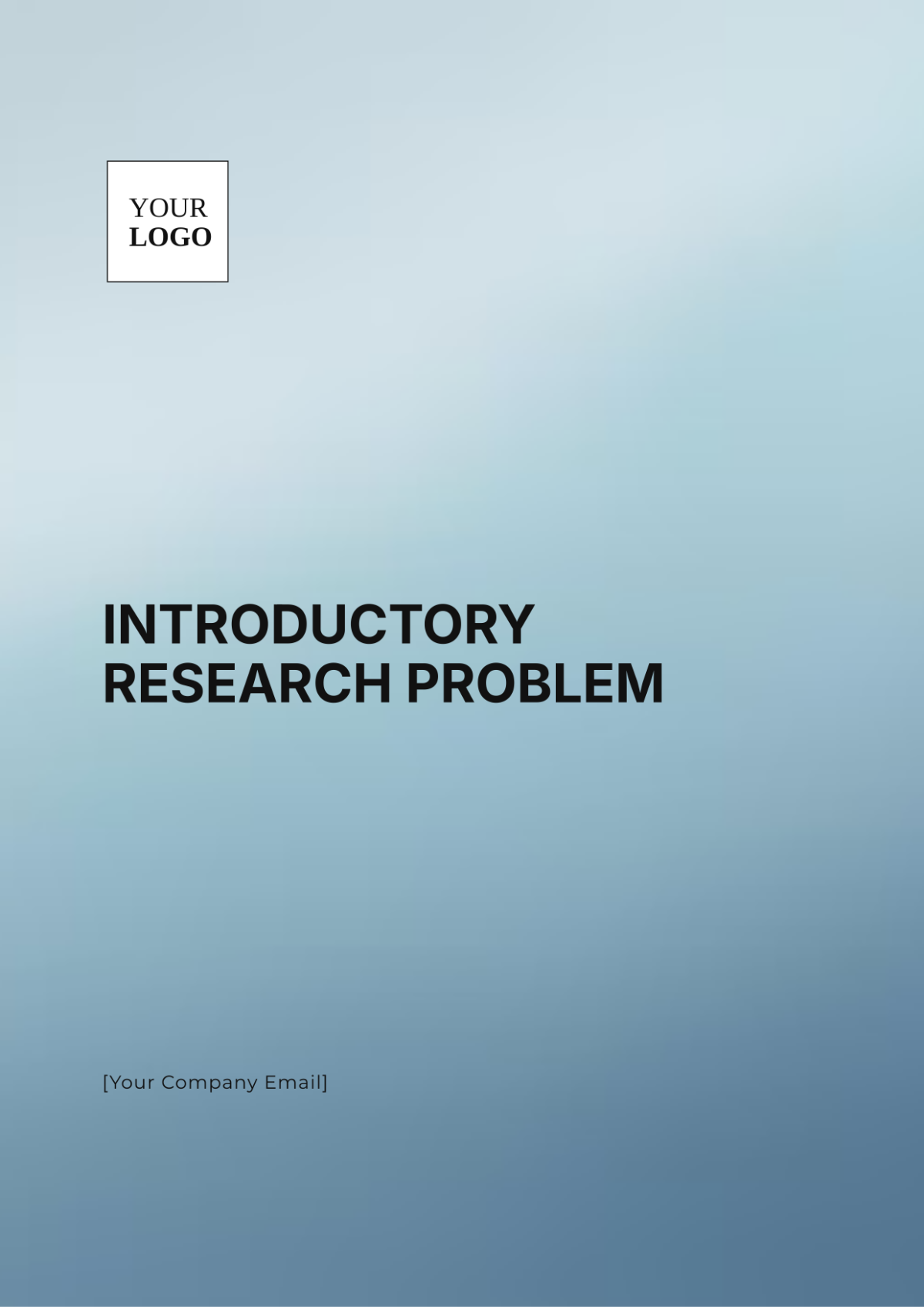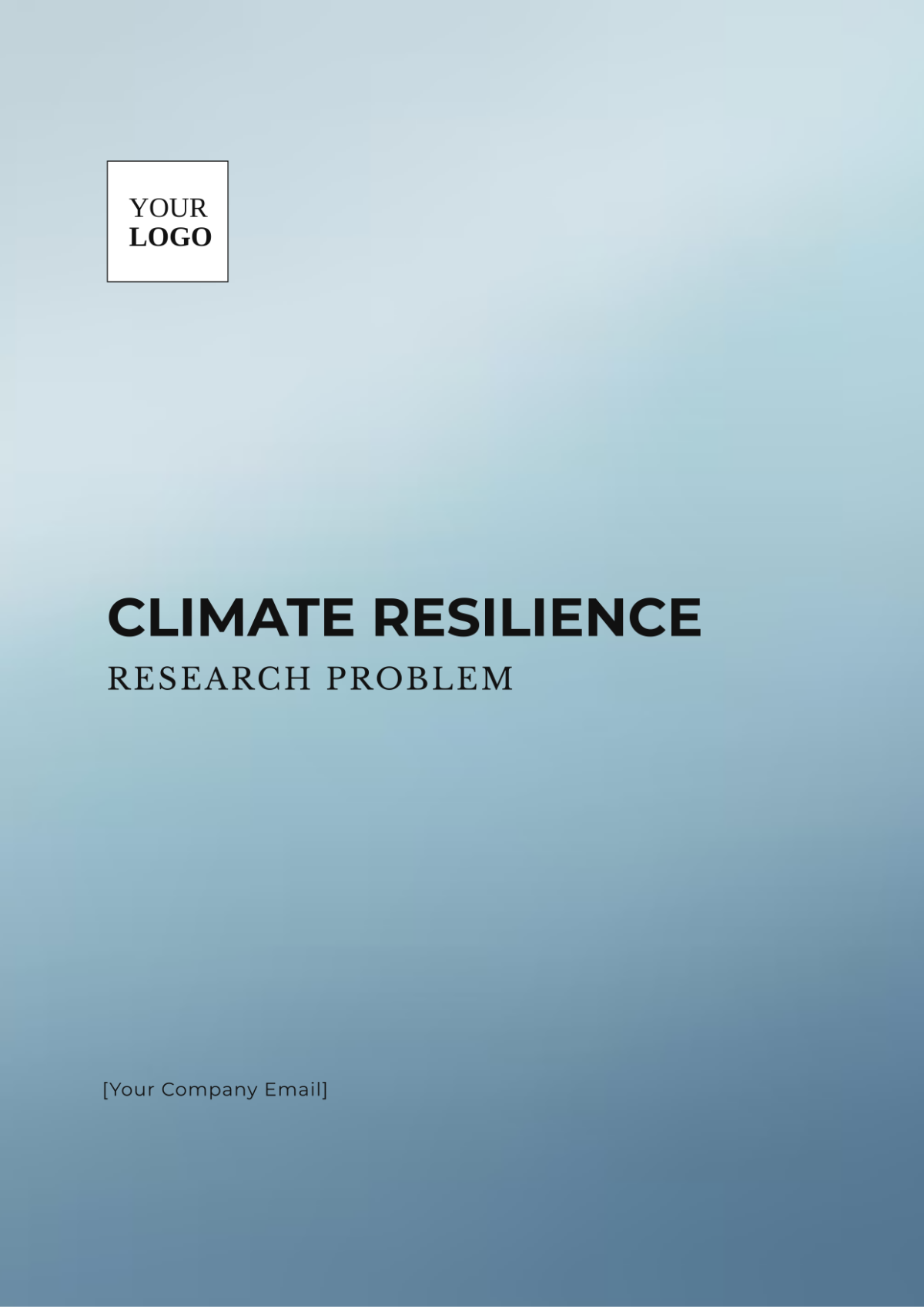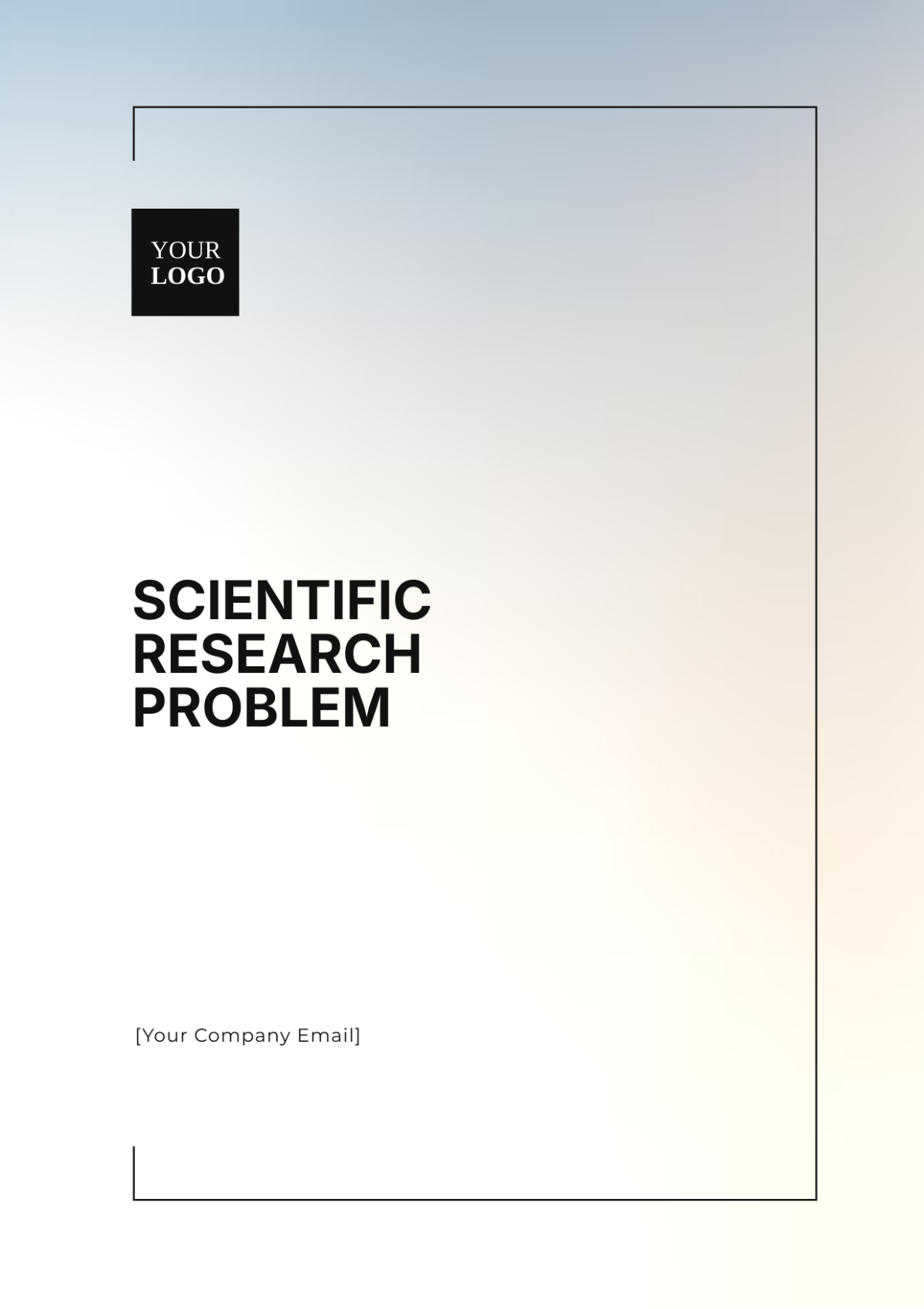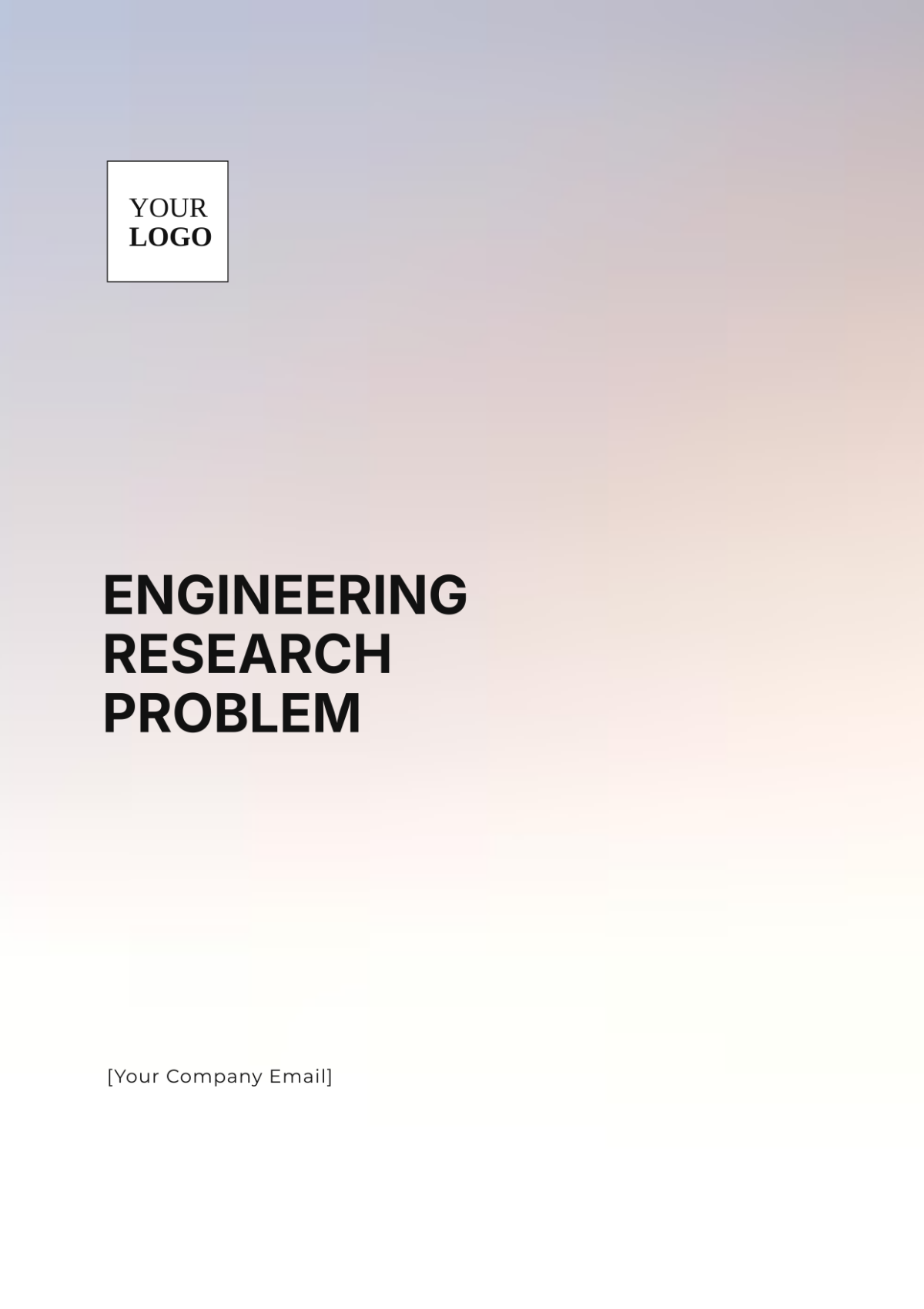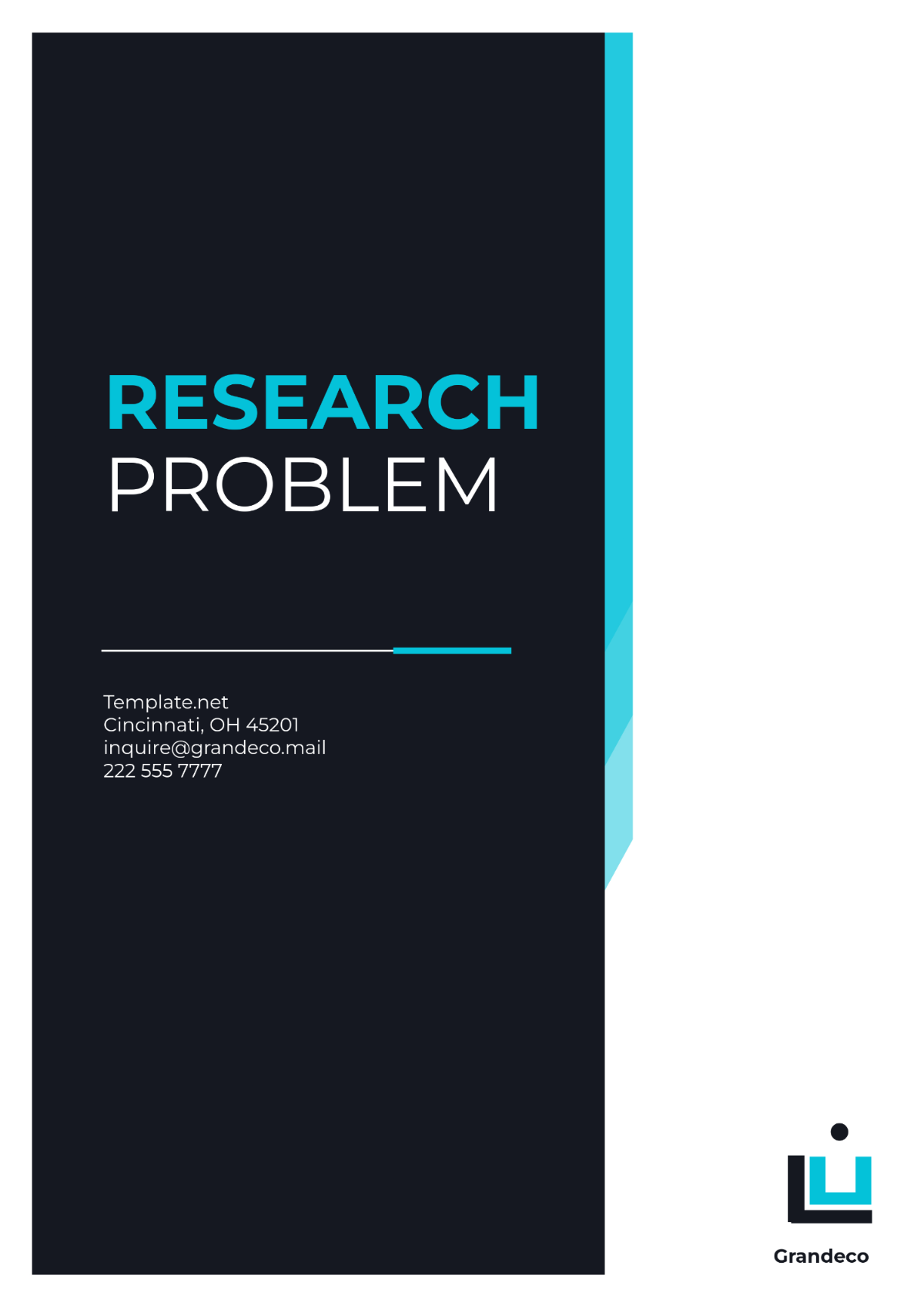EXPLORATORY ACADEMIC RESEARCH
Prepared by: | [Your Name] and John Smith |
Abstract
This research delves into the academic market for classical literature studies in the year 2051. The study aims to analyze the current landscape, including demand, trends, and challenges faced by this academic discipline. Using both qualitative and quantitative research methods, we gathered data from various universities, publishers, and academic journals. The findings offer insightful data presented in tabular format, providing comprehensive details on student enrolment, publication rates, funding, and job opportunities. The study concludes with recommendations for stakeholders to bolster the field of classical literature studies.
Introduction
Classical literature, an academic discipline that explores the literary works of ancient civilizations like Greece and Rome, has seen fluctuating interest over the decades. As we advance into 2051, the relevance and necessary adjustments of this field in modern academia need reevaluation. This research was conducted to provide insights into the current state of classical literature studies, its academic market, challenges faced, and strategies to revitalize this discipline.
Objectives
To analyze the current demand for classical literature studies across universities globally.
To identify the trends in academic publishing related to classical literature.
To evaluate the funding patterns for classical literature research.
To investigate job market opportunities for graduates of classical literature studies.
To provide recommendations for enhancing the field of classical literature studies.
Literature Review
The landscape of classical literature studies has evolved significantly over the past century. Early 21st-century studies indicated a declining interest, attributed to the rise of STEM (Science, Technology, Engineering, Mathematics) fields. However, recent trends suggest a resurgence, driven by a renewed appreciation for humanities and cultural studies. A review of academic journals and publications from 2040 to 2050 shows an increase in interdisciplinary research, blending classical studies with modern analytical techniques. Despite these positive trends, funding and job opportunities remain critical areas of concern, as highlighted by Smith and Green (2048) in their comprehensive survey of the academic job market.
Methodology
This research undertaking utilized a comprehensive mixed-methods approach, which involved the integration of both qualitative and quantitative data collection techniques.
Data Collection
Surveys: Distributed to professors, students, and academic staff across 50 universities globally.
Interviews: Conducted with 30 experts in classical literature studies.
Secondary Data: Analyzed publication rates, funding patterns, and job postings from 2040 to 2050.
Data Analysis
Quantitative data were analyzed using statistical software to identify trends and correlations. Qualitative data from interviews were coded and analyzed thematically to draw insights into the current state of classical literature studies.
Results
Parameter | Details |
|---|---|
Student Enrollment | 3,500 students enrolled in classical literature courses across 50 universities. |
Publication Rate | 450 academic papers published annually in recognized journals. |
Funding | $2.5 million is allocated annually for classical literature research. |
Job Opportunities | 150 job openings for classical literature graduates are reported annually. |
Interdisciplinary Studies | 20% increase in research blending classical literature with other fields. |
Discussion
Topic | Details |
|---|---|
Student Interest | Despite a generalized decline in humanities, niche interests in classical literature are sustained by passionate students and supportive faculty. |
Publication Trends | An increasing number of publications indicate a growing recognition of the field’s importance within the broader academic community. |
Funding Challenges | Funding remains a significant barrier, with many research projects requiring supplementary private sponsorship. |
Job Market | The job market for classical literature graduates remains limited, emphasizing the need for diversification and interdisciplinary skills. |
Future Prospects | Interdisciplinary research presents growth opportunities but requires strategic focus and investment. |
Conclusion
Classical literature studies, while facing significant challenges, show promising signs of revival through greater interdisciplinarity and dedicated academic communities. To sustain and grow this field, concerted efforts in improving funding, enhancing job opportunities, and fostering student interest are essential.
References
Smith, J., & Green, R. (2048). The Evolution of Humanities: A Comprehensive Survey. Humanities Journal, 45(3), 210-230.
University Records (2050). Annual Report on Student Enrollment and Faculty Publications. Classical Departments Archive.
Doe, L. (2049). Bridging Classical Literature and Modern Analytical Methods. Interdisciplinary Studies Review, 12(1), 32-48.
Recommendations
Increasing Funding: Advocacy for greater financial support from both public and private sectors to sustain and advance research in classical literature.
Interdisciplinary Approaches: Encouraging collaborations across different fields to invigorate classical literature studies and open new research avenues.
Enhancing Job Market: Expanding career opportunities for graduates through partnerships with cultural institutions and educational bodies.
Promoting Awareness: Enhancing outreach programs to attract new students by showcasing the relevance of classical literature in contemporary contexts.
















